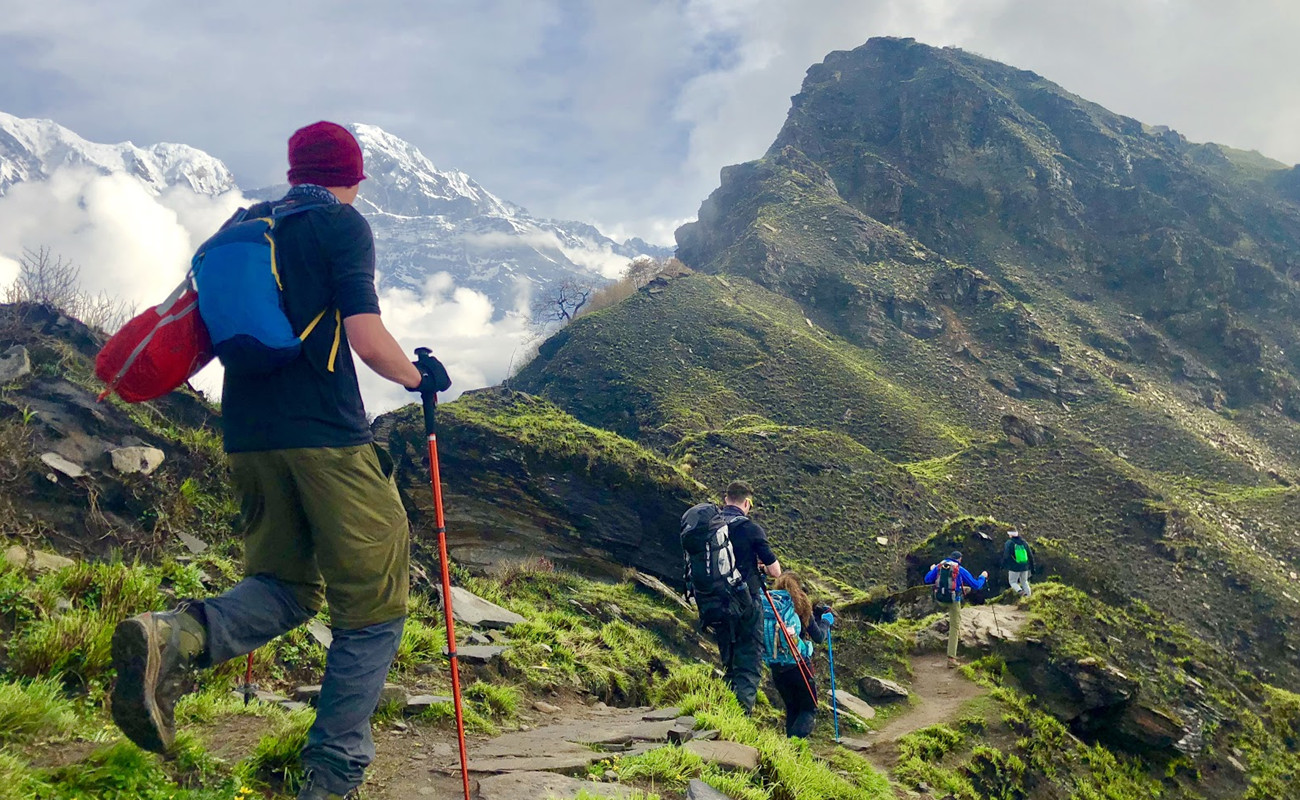Mountains are considered as much of a physical challenge as they are an emotional and mental one. They take more than just muscle and endurance; they also test your willpower, creativity, and problem-solving skills. And according to recent studies, mountains offer up extra benefits. Here are five health benefits of climbing mountains:
INCREASED PHYSICAL FITNESS
Mountains require stamina, endurance, and strength. When you climb a hill, you are constantly fighting gravity and trying to reach the top. You are using your muscles more than you would be if you were walking on flat ground. When people climb mountains, they experience increased fitness levels that can last for weeks after the hike is over. With this added fitness, there is also a positive mental shift.

STRESS REDUCTION
Climbing a mountain can help reduce stress, as physical activity helps eliminate cortisol. Cortisol is a hormone released in response to stress, and it can lead to weight gain, high cholesterol, and type 2 diabetes if levels stay elevated for too long. It also causes sleep problems and depression.
INCREASED MENTAL FITNESS
Numerous studies have shown that hiking can lead to decreased stress levels, increased focus and concentration, reduced depression, and improved sleep quality due to the increase in melatonin caused by the hike. To reap these benefits, it’s essential not just to climb mountains but also to push yourself when you’re hiking them.

THE POSITIVE EFFECTS OF OXYGEN
Climbing mountains is a workout, and oxygen plays an important role. When you climb, your body has to work harder to get more oxygen. This helps you build up endurance and strengthens your lungs. It’s not just good for your physical well-being; it also improves mental health by improving brain plasticity, which is the number of connections in the brain that can be made at any given time.
IMPROVE CARDIOVASCULAR HEALTH
Mountains are a great way to get some cardio exercise. As you hike, you’ll have to keep your heart rate up, which will force your body to use more oxygen and your lungs to work harder. You’ll also be breathing through different types of air at various elevations, which can help improve your lungs’ health.




